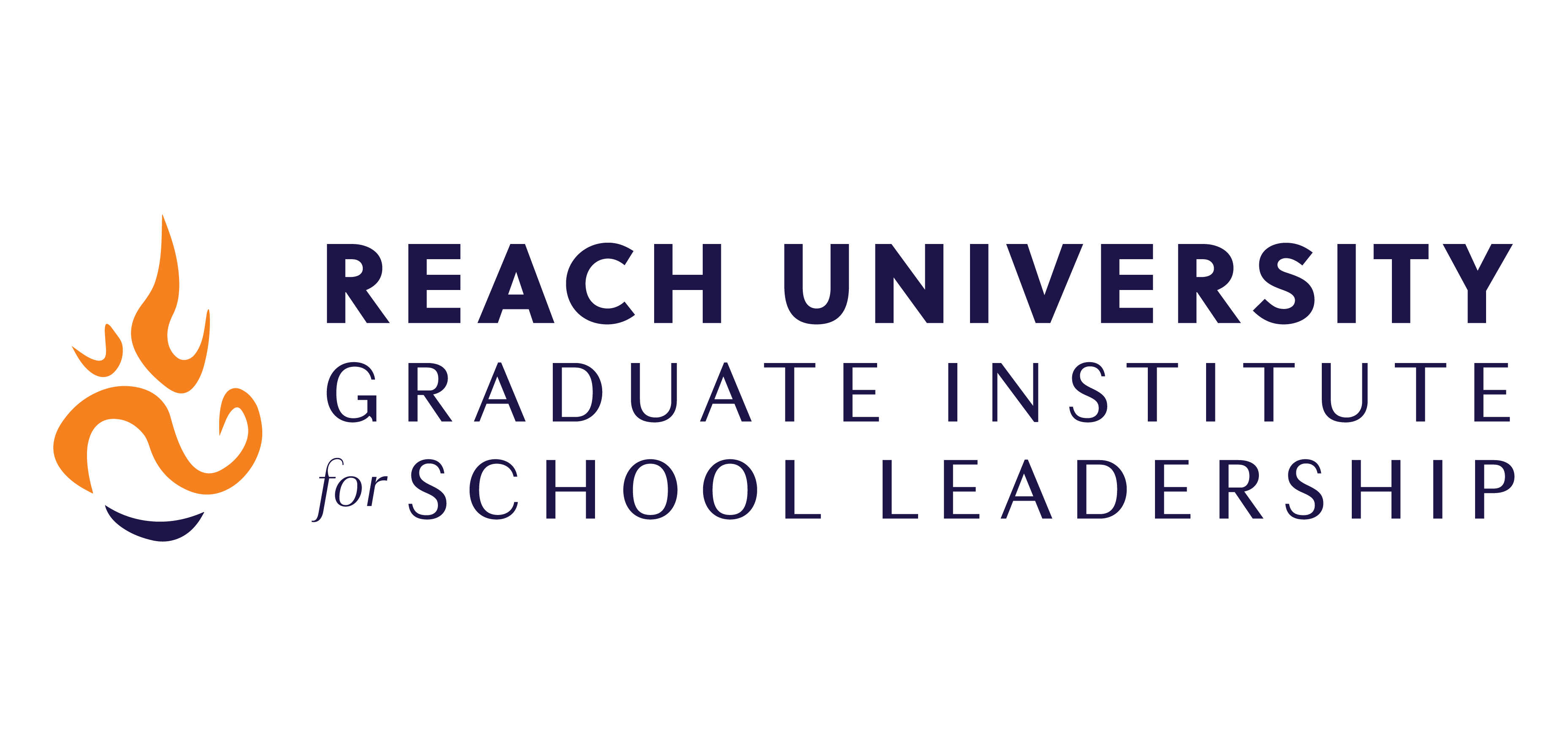Empowering ELA Teachers to Common Core Align

The recent era of school reform has ushered in an opportunity for instructional leaders to be creative about how they respond to increasing demands to close the achievement gap. Many schools have been designed or redesigned to better meet students’ needs by offering learning that is personalized or project-based, as both of these practices offer promising alternatives to the traditional one-size-fits-all approach to education that has failed to serve generations of marginalized students. Though promising, creative, and supported by many modern funding sources, these innovative, non-traditional instructional models have their own obstacles in implementation, particularly in regards to alignment to rigorous standards and their associated pedagogical shifts. The purpose of this action research was to better identify the obstacles to rigorous standards-alignment in a new, innovative model, to systematically remove those obstacles in partnership with teachers, and to empower teachers to embrace more standards-aligned pedagogical practices without abandoning the unique personalized and project-based model. The work occurred in two phases. Phase one focused on identifying and removing systemic obstacles to standards alignment and was held by the instructional leader in partnership with the teaching team. With this foundation in place, phase two focused on supporting individual teachers with realigning their own instructional planning to the rigorous standards through data talks and coaching cycles. Data collection included pre- and post-intervention surveys, notes from professional development and coaching sessions, professional development feedback surveys, targeted classroom observations, teacher assessment design analysis, a researcher reflection journal, and student achievement impact data. The overview of my findings is as follows and is discussed and supported in this report:
- The intervention increased teachers’ feelings of ownership of rigorous grade-level standards while increasing teachers’ perceived role clarity;
- The intervention increased teachers’ capacity to incorporate rigorous grade-level standards into their assessment design, but had less of an impact on daily instructional practice;
- The intervention had a significant impact on increasing student achievement in English Language Arts as measured by both internal and external assessments
- The intervention led to the conclusion that aligned interim assessments are a uniquely impactful structure in supporting instructional alignment
- The intervention confirmed the researcher’s belief that personalizing teacher professional development leads to large gains in teacher empowerment and student achievement

